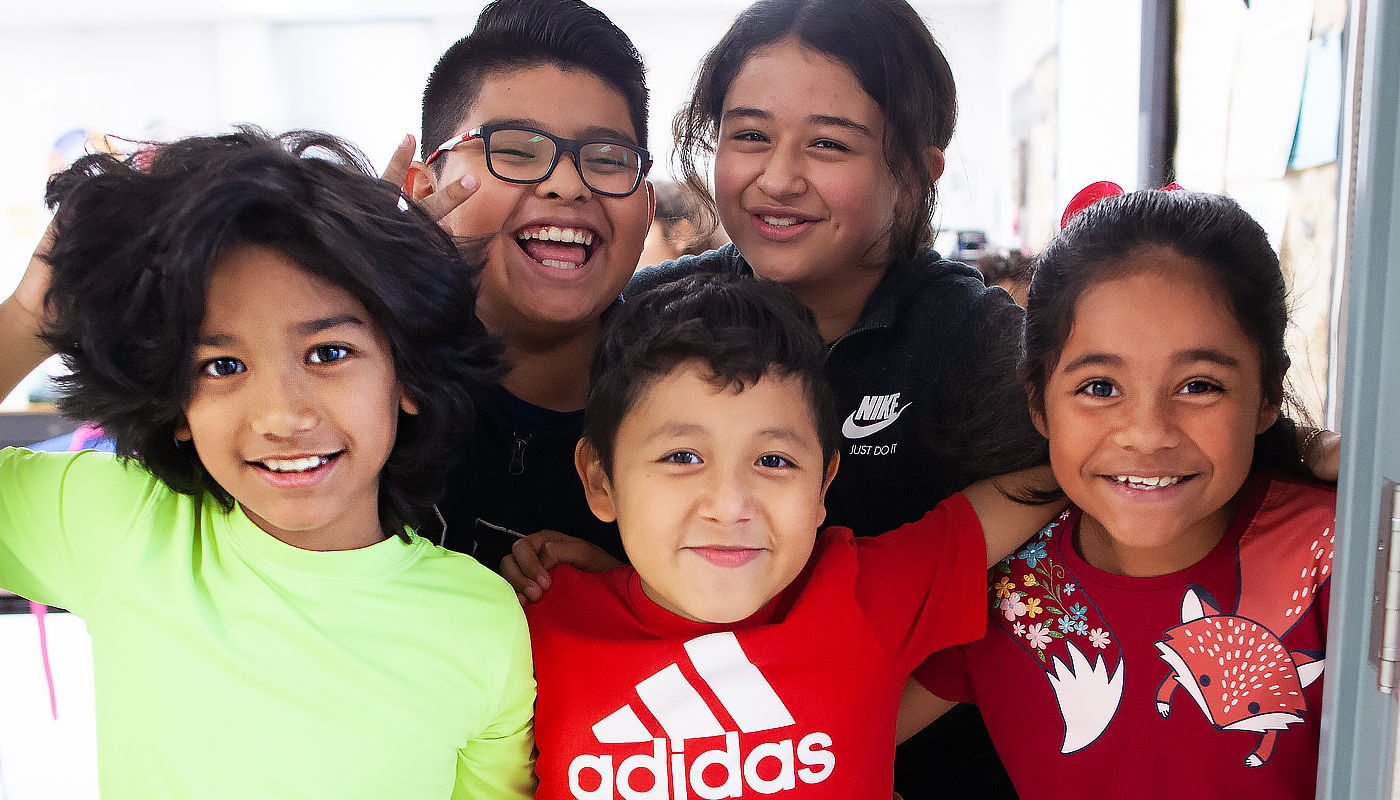
All students enter school with unique experiences and characteristics that contribute to who they are as individuals. We believe it is essential to recognize, celebrate, and support each individual learner so that every student gets the support they need to reach their full potential.
We want students to grow as whole people—academically, socially, and emotionally. Learner variability takes into account each student’s social-emotional skills as well as academic background, including current skill development and content knowledge.
Our team has built tools to help teachers meet each learner where they are across multiple dimensions of variability.
Social-Emotional Learning
Research shows that strong relationships between teachers and students lead to academic success and personal growth.
Every student in the Summit Learning program has a weekly one-on-one mentoring session with a trusted adult in their school. This dedicated time allows students to set goals for themselves while building the social-emotional skills that are an essential part of their development. Social-emotional learning helps increase students’ confidence and sets them up for success in school and in life.
Figure 1: Goal Setting
Goal setting is a key strategy that supports motivation, executive functioning skills, and self-regulation.
Students set goals in each of their classes on the “Week Page” and are able to tie their goals to specific work products. They also make a plan to achieve their goals, including the ability to set customized goals based on their needs. With the guidance of their mentor, students use strategies that support their own development as a learner.
Figure 2: Mentor Progress Monitoring
Figure 3: Mentor Scheduling
Mentoring supports the development of students’ sense of belonging and allows for individualized support for their social-emotional development.
Mentoring check-in tools are embedded in the platform for both students and teachers. Teachers have a range of tools to monitor the academic progress of their mentees, schedule check-ins to make sure they happen during the day, and see suggested prompts of questions to support student growth in habits and meta-cognition.
Students have tools to request a check-in with their mentor if they have something urgent to discuss, and receive prompts to reflect on their progress prior to meeting with their mentor.
These tools support each student’s development of social-emotional habits as they reflect on their progress and receive coaching support from a mentor in problem-solving and strategy shifting. Learner variability is accounted for as the mentor adjusts the support for each student based on their progress academically and in their development of social-emotional skills.
Learner Background
The features in our platform help educators ensure that their students are in the right Zone of Proximal Development (ZPD) as often as possible while always being held to high, rigorous standards. A student’s personal background, skill development, cognition, and content understanding all play significant factors in their learning process.
Figure 4: Support Profile
There are many Summit Learning students who receive targeted support, and it is crucial that our platform helps bridge the communication between educators and their students.
Support Profiles give support specialists (e.g. interventionists, special educators, behavioral specialists) and teachers shared visibility into a student’s areas of needs, strengths, and progress. These profiles centralize detailed information about each student’s support areas and areas of strength. They also provide specialists and teachers a space to directly coordinate support strategies within the platform.
As a result, teachers and specialists can make more informed decisions about providing differentiated support that drives each student’s growth.
Figure 5: Differentiated Resources
We believe that all students should have access to rigorous, grade-level learning experiences. To achieve this, we have used learning science, research (and best practices connected to research), and content-specific pedagogy to inform our development of differentiation resources.
Our platform houses information about foundational skills—such as reading, writing, language, math, and self-directed learning—that students need support with alongside student performance data.
These data sources are used to help identify which students may benefit from receiving differentiated materials at different levels. Teachers can easily assign differentiated resources to students within the platform, making sure they get the right level of support to develop their academic skills.

